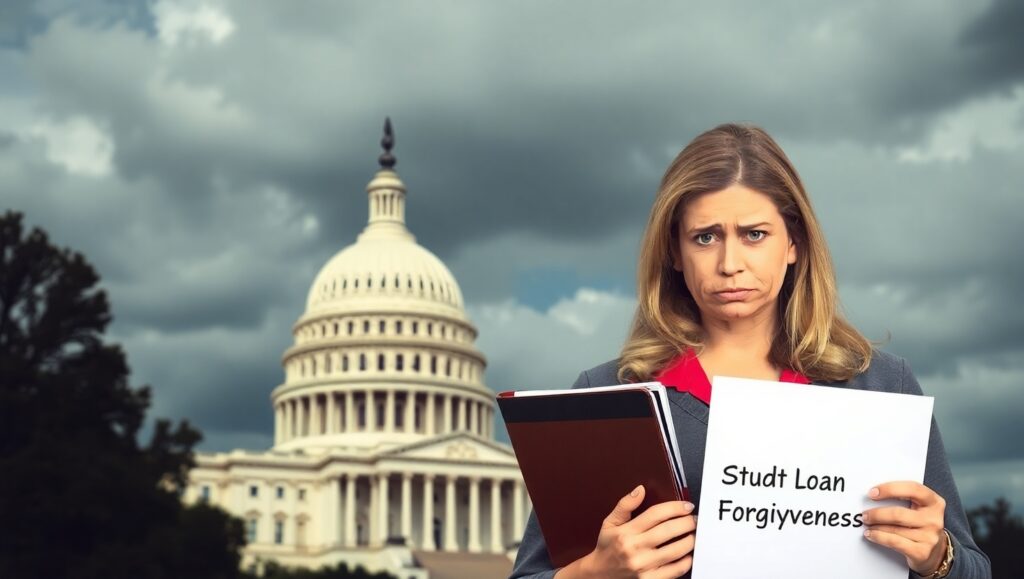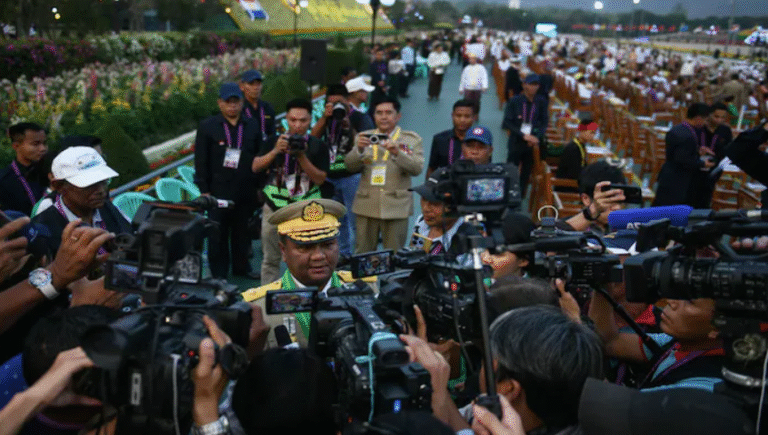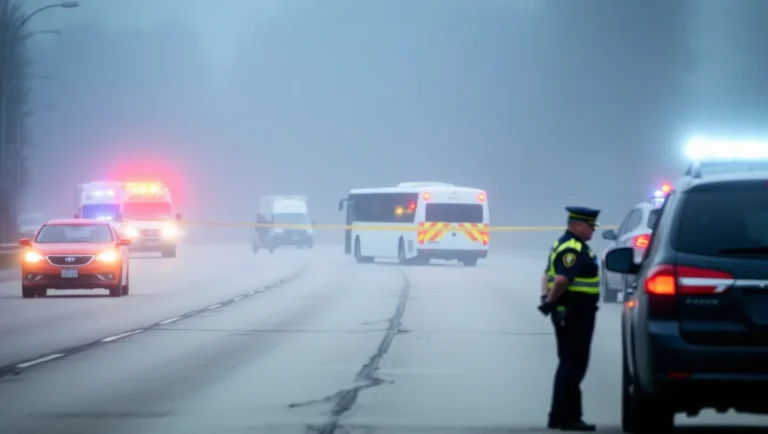
President Trump’s new PSLF proposal could block public service workers from student loan relief.
WASHINGTON, D.C. – The Public Service Loan Forgiveness (PSLF) program, which has helped thousands of Americans in public service jobs eliminate their student debt, is now facing a significant overhaul under President Donald Trump’s administration. The proposed changes, aimed at preventing “illegal activities,” could dramatically reshape who qualifies for student loan forgiveness — and some critics say it may open the door for politically driven decisions.
At the heart of the controversy is a draft rule issued by the U.S. Department of Education. The rule would give the education secretary broad authority to deny PSLF eligibility to organizations engaged in what it defines as illegal acts. But the proposal’s language is drawing criticism for being vague and potentially targeting nonprofits that assist immigrants, LGBTQ+ youth, or promote diversity programs in education.
PSLF: A Lifeline for Public Workers
Since its inception in 2007, PSLF has allowed government employees and workers at qualified nonprofits to have their remaining federal student loans forgiven after 10 years of service and consistent monthly payments. Teachers, nurses, firefighters, and legal aid attorneys are just some of the groups that have benefited.
Over 1 million borrowers have already had their debts erased under this program — many of them from modest-income households who chose lower-paying public roles over corporate jobs.
What’s Changing?
Under the Trump administration’s proposal, employers will be disqualified from PSLF eligibility if they are found to be involved in what the draft defines as “illegal activities.” These include aiding individuals who violate federal immigration law, supporting organizations the U.S. classifies as terrorist groups, or providing certain medical treatments to transgender minors that violate state or federal laws.
Critics argue this broad and ambiguous language gives the Department of Education far too much power. Without requiring a formal conviction or court ruling, the education secretary would have the final say on whether an employer is violating the law — potentially based on political views rather than actual legal findings.
Concerns from the Experts
Betsy Mayotte, president of The Institute of Student Loan Advisors, was among the experts reviewing the draft and called the language “alarming.” She expressed concern that entire hospital systems or school districts could be cut off from the program based on a single department’s work with transgender youth or undocumented immigrants.
Other negotiators involved in the rulemaking process raised similar red flags, suggesting that the proposed policy could become a tool for political punishment. For example, cities with sanctuary policies or universities that offer diversity, equity, and inclusion (DEI) programs might be deemed ineligible.
“This opens the door for entire institutions to be disqualified based on ideology,” said Alyssa Dobson, financial aid director at Slippery Rock University.
Ripple Effects on the Workforce
Experts warn that the rule could have severe unintended consequences. Healthcare leaders are concerned it may worsen shortages of doctors and nurses — especially in underserved areas — if hospitals are disqualified from PSLF. The education sector could also suffer if public schools are deemed ineligible.
Emeka Oguh, CEO of PeopleJoy, which helps employers manage student loan benefits, noted that Education Department officials couldn’t provide real examples of which employers might be impacted — further fueling uncertainty. He also flagged a provision requiring organizations to certify they are not breaking the law, raising fears that paperwork errors could block forgiveness for thousands of workers.
What Happens Next?
The Education Department has said it is open to revising the rule based on feedback, but it retains the final authority. A formal version will be published for public comment, with implementation expected by July 2026.
In a statement, the department said the update is about accountability: “We’re making sure taxpayer dollars don’t subsidize organizations that ignore the law.”
Yet critics say the plan may do more harm than good, affecting public sector workers who depend on PSLF — not to mention the nonprofits they work for.


